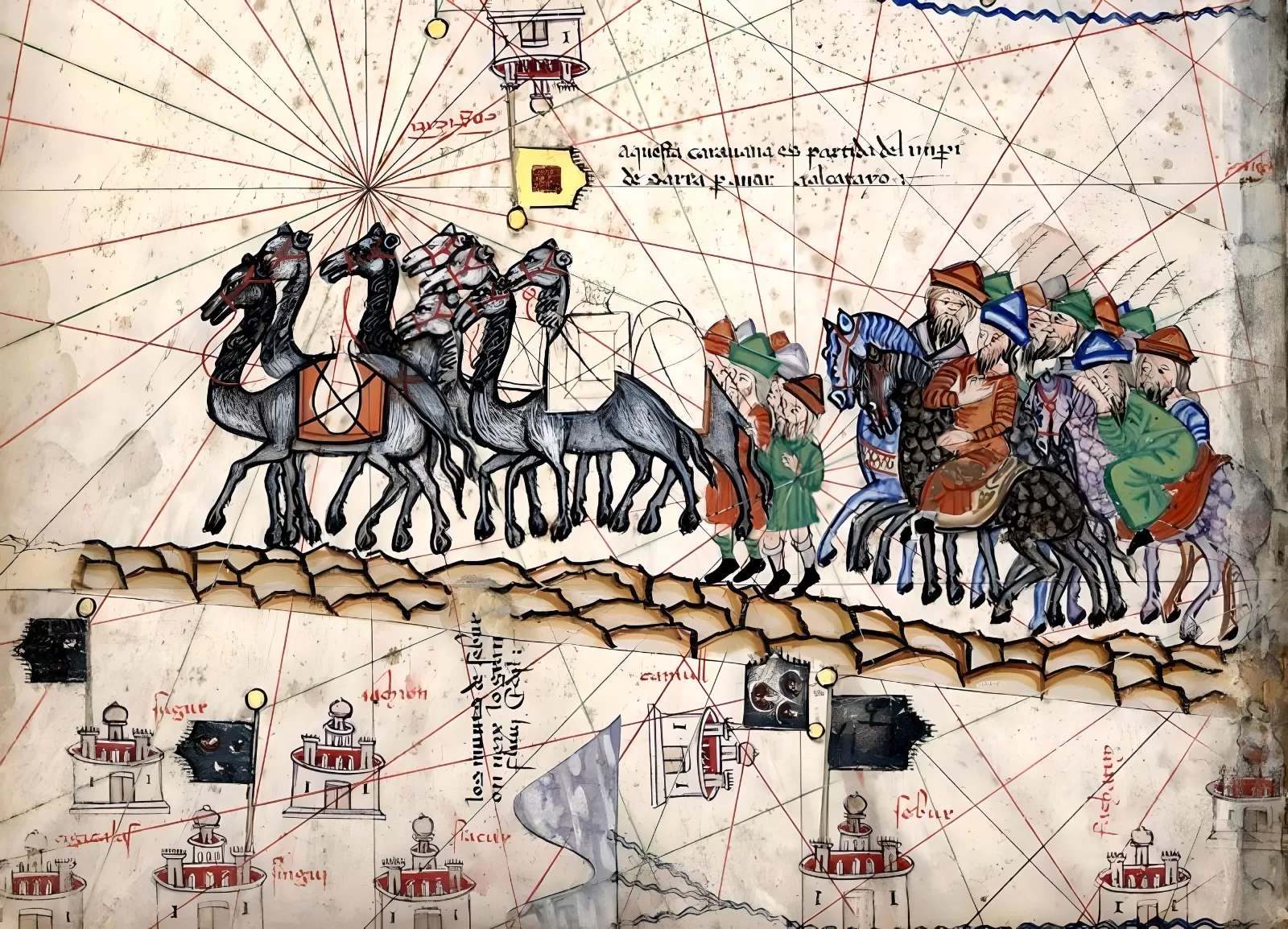Dear participants of the Chisinau Forum, it is a pleasure and an honor to be here. I thank our dear friend Iurie Roșca for inviting me to this important conference and I look forward to contributing to the high-level discussions that will take place here.
As we know, recently, there has been a lot of talk about the issue of multipolarity. Many experts, myself included, believe that we are in a process of transition to a polycentric world order, where there will be more than a single center of power, which will provide greater freedom for nations.
On the other hand, some other experts believe that, instead of multipolarity, we are just heading towards a more multilateral world, where countries will have greater capacity to create political and economic arrangements that seem interesting to them, without, however, contesting the global power structures.
There are good arguments on both sides. Many authors who believe in multipolarity show solid and convincing rhetoric, as well as do some of those who see the rising world as merely multilateral and not multipolar. My intention here is not to try to find out which of these sides is right or wrong, nor to “prove” anything. On the contrary, I make my modest speech just in order to say why I think that, regardless of what happens, multipolarity, and not multilateralism, is what we must seek.
First of all, we must think about who “we” are. Here I believe I am only speaking to people who are dissenting from the global status quo. Traditionalists, conservatives, anti-globalists, patriots of all nations and religious people of all faiths. We are all enemies of the current world system. We are hated by the defenders of globalism, which is nothing more than the end result of the Enlightenment and modernity itself. So, when I say that we should be interested in multipolarity, I am addressing this audience.
And the reasons for this are very simple. It is necessary to think about geopolitics beyond its merely profane and bureaucratic level. At first, no geopolitical arrangement is good or bad in itself. What interests us goes far beyond material, secular politics, geography and international relations. If we are Traditionalists, we think first of God, eternal values, and traditional axiology.
And that is precisely why we must seek multipolarity. This is the world system proposal that seems most favorable to us to achieve our major goals. The decades in which we have been living in a unipolar reality have proved how evil Western influence has been on the entire world. It was possible to subordinate all peoples to the satanic tyranny of transhumanism and brutal technocracy, without a solid resistance being formed, given the lack of balance of power in the international scenario.
In a simply more multilateral world, as many Brazilian and European institutionalists defend today, it will not be possible to build such resistance either. Multilateralism is efficient in creating international cooperation mechanisms, assisting in the development of nations and favoring the autonomy of states and regional blocs. But it’s still a global platform focused simply on economics and pragmatism. There is no greater perspective in multilateralism because there is simply no real contestation of power on a global scale, only an increase in the autonomy of states.
On the other hand, the multipolar perspective seems interesting to us precisely because it opens up the possibility of defending a revival of our traditions. It is multipolarity, built through the division of the world into several civilizations, each one bringing together people with a common historical root within a delimited space, that can give us the opportunity to think beyond the secular sciences of politics and geopolitics.
We must want, seek and build a multipolar world because what multilateralism can provide us with, such as economic development and win-win cooperation, is not enough for our perspectives. We want something beyond that: a return to our traditions, the perpetuation of our beliefs and the construction of a policy based on the eternal values of our people. It is multipolarity that can give us at least the possibility of seeing again a world with political systems governed by Tradition.
As I said earlier, my intention is not to prove whether we are closer to multipolarity or simple multilateralism, but rather to take part in the defense of one of the alternatives. I am with multipolarity because I am a Traditionalist, because I am an Orthodox Christian and because I am Brazilian. And I know that mere UN-centered multilateralism will not be able to make it feasible for a new Christian empire to emerge in Eurasia, nor will it be able to make Brazil become a tropical Fourth Rome, as predicted by the elders of my people in the long past. So, it’s not something that interests me. For a Traditionalist, the value of a geopolitical arrangement is in how it can help nations to return to their traditional systems. And I only see this possibility in multipolarity.
Obviously, we shouldn’t hope for lasting solutions in this world where everything will perish. As a Christian, my hope is in Our God and Savior Jesus Christ. And, likewise, adherents of other religious traditions should have hopes only in their gods and saints. However, in the legitimate and traditional effort to sanctify our lives and the world around us, we must strive to bring politics and geopolitics closer to the sacred things. And of all the imperfect geopolitical systems that have ever existed, we know that multipolarity is our current hope of returning to Tradition.
Thank you very much.









